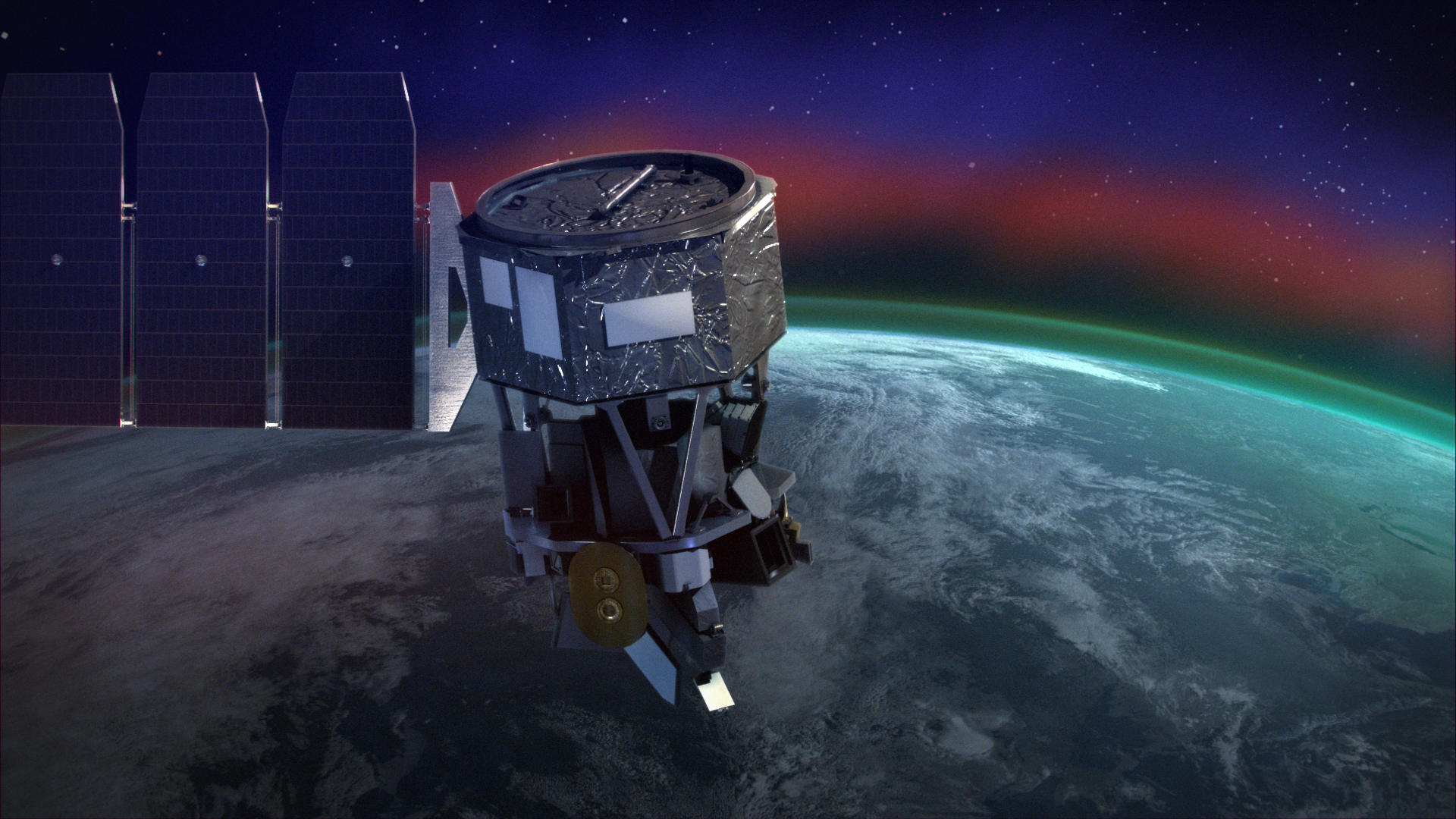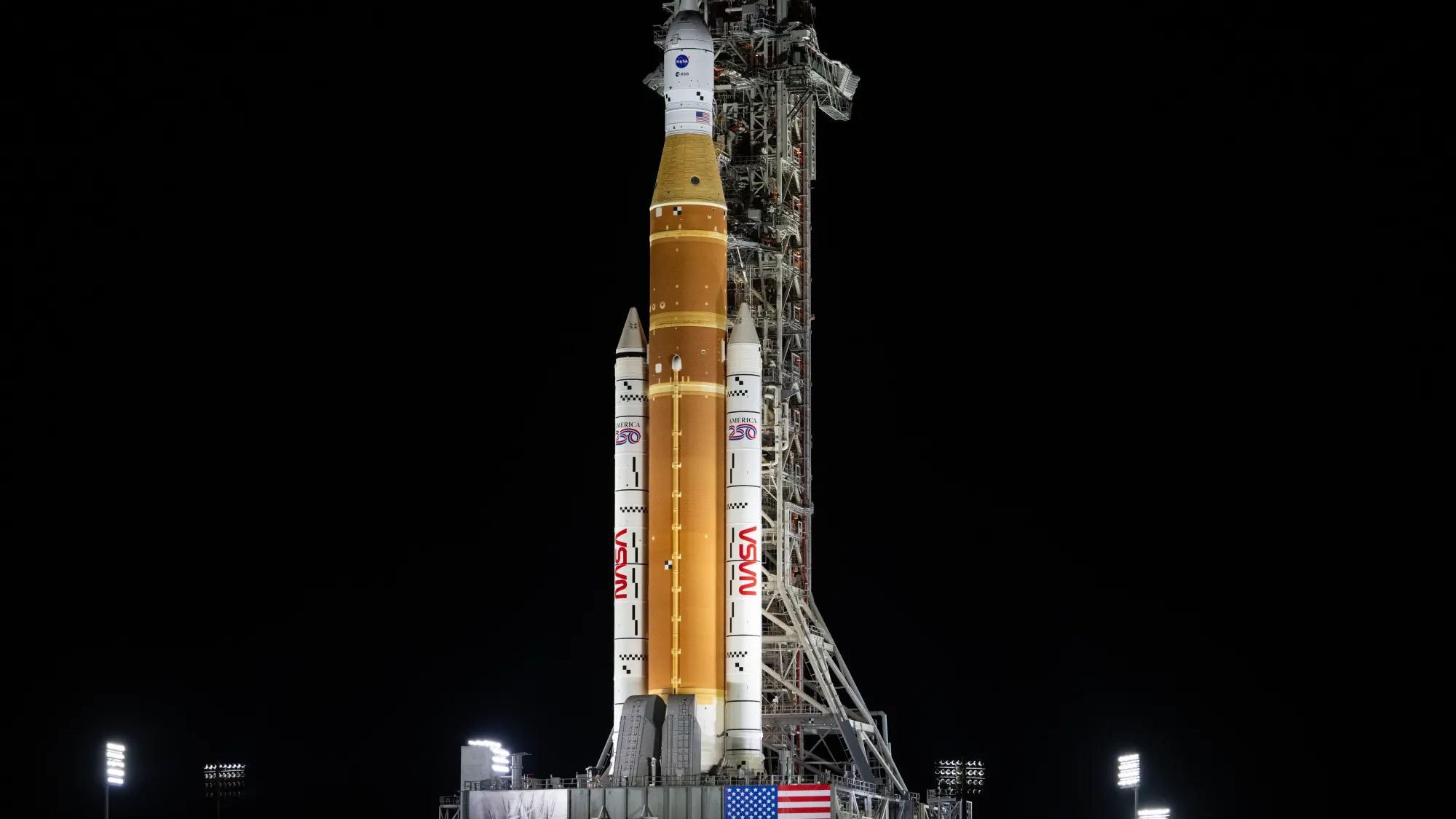ICON of Delay? NASA, Northrop Grumman Postpone Earth Satellite Mission Yet Again

The launch of NASA's much-delayed mission to study the interaction of terrestrial and space weather has again been postponed, the agency announced today (Oct. 23).
The mission, an Earth-orbiting satellite known as Ionospheric Connection Explorer, was originally scheduled to launch in December 2017 and has been repeatedly delayed because of problems with its rocket. Most recently, it was due to launch early in the morning of Oct. 26 from a carrier airplane that would take off from Cape Canaveral Air Force Station in Florida.
NASA has not offered a detailed reason for the new delay beyond that the team wanted to continue testing the rocket.
"NASA and Northrop Grumman have delayed the launch of the agency’s Ionospheric Connection Explorer, or ICON, to conduct further pre-launch testing on the rocket," NASA officials said in a statement. "Upon completion of the testing, a new launch date will be established."
The agency has not yet rescheduled the launch and did not express any sense of how long the delay would last, although its statement did specify that the spacecraft itself "remains in good health."
ICON's rocket, a Pegasus XL booster built by Northrop Grumman Innovations System (formerly Orbital ATK), is unusual — rather than launch from the ground, the rocket and spacecraft are carried aboard a plane and dropped midflight, at which point the rocket fires. In June, that complete package took off for the Marshall Islands, which was then the mission's launch site, only to turn back on account of a problem with the rocket.
The ICON mission is designed to study the ionosphere, a layer of Earth's atmosphere where terrestrial and space weather interact. It's a tumultuous part of space, but it's also a crucially important region for GPS satellites and other infrastructure in space, hence NASA's decision to build the grounded spacecraft.
Breaking space news, the latest updates on rocket launches, skywatching events and more!
Email Meghan Bartels at mbartels@space.com or follow her @meghanbartels. Follow us @Spacedotcom and Facebook. Original article on Space.com.

Meghan is a senior writer at Space.com and has more than five years' experience as a science journalist based in New York City. She joined Space.com in July 2018, with previous writing published in outlets including Newsweek and Audubon. Meghan earned an MA in science journalism from New York University and a BA in classics from Georgetown University, and in her free time she enjoys reading and visiting museums. Follow her on Twitter at @meghanbartels.
